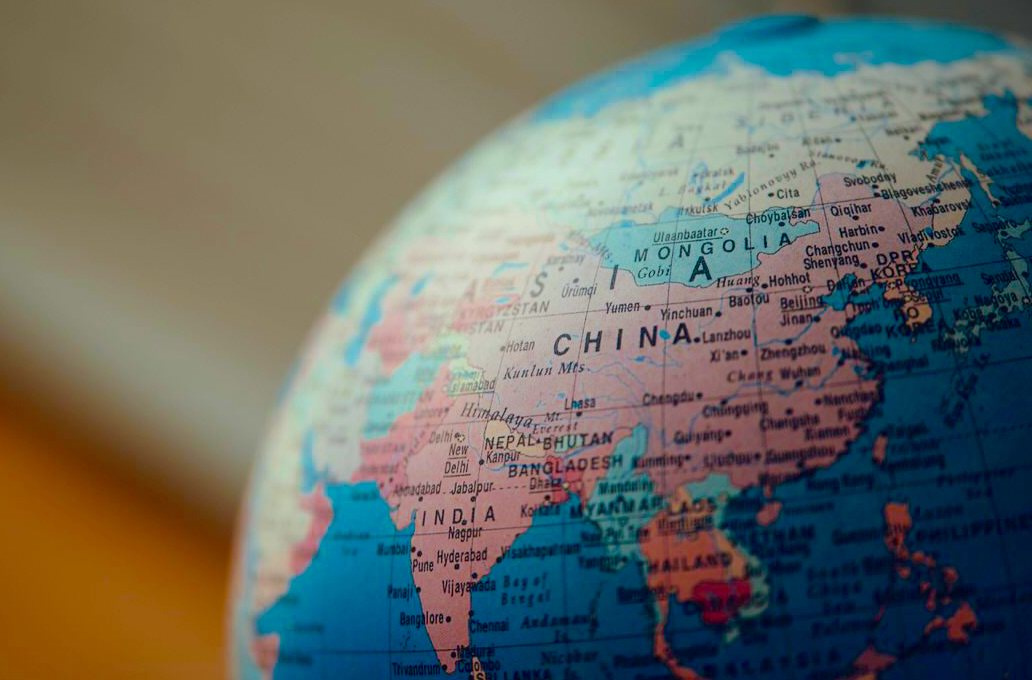via Trader Mark, Fund My Mutual Fund
Jeremy Grantham's quarterly letter was out Friday. It is an in depth exploration of his Q1 letter.
Summary points (full letter below embedded)
Summary
- We humans have the brains and the means to reach real planetary sustainability. The problem is with us and our focus on short-term growth and pro ts, which is likely to cause suffering on a vast scale. With foresight and thoughtful planning, this suffering is completely avoidable.
- Although we will have energy problems with peak oil, this is probably an area where human ingenuity will indeed eventually triumph and in 50 years we will have muddled through well enough, despite price problems along the way.
- Shortages of metals and fresh water will each cause severe problems, but in the end we will adjust our behavior enough to be merely irritated rather than threatened, although in the case of metals, the pressure from shortages and higher prices will slowly increase forever.
- Running out completely of potassium (potash) and phosphorus (phosphates) and eroding our soils are the real long-term problems we face. Their total or nearly total depletion would make it impossible to feed the 10 billion people expected 50 years from now.
- Potassium and phosphorus are necessary for all life; they can not be manufactured and cannot be substituted for. We depend on finite mined resources that are very unevenly scattered around the world.
- Globally, soil is eroding at a rate that is several times that of the natural replacement rate. It is probable, although not certain, that the U.S. is still losing ground. The world as a whole certainly is.
- In particular, a significant number of poor countries found mostly in Africa and Asia will almost certainly suffer from increasing malnutrition and starvation. The possibility of foreign assistance on the scale required seems remote.
- The many stresses on agriculture will be exacerbated at least slightly by increasing temperatures, and severely by increased weather instability, especially more frequent and severe droughts and floods.
- Capitalism, despite its magnificent virtues in the short term– above all, its ability to adjust to changing conditions – has several weaknesses that affect this issue.
- It cannot deal with the tragedy of the commons, e.g., overfishing, collective soil erosion, and air contamination.
- The finiteness of natural resources is simply ignored, and pricing is based entirely on short-term supply and demand.
- More generally, because of the use of very high discount rates, modern capitalism attributes no material cost to damage that occurs far into the future. Our grandchildren and the problems they will face because of a warming planet with increasing weather instability and, particularly, with resource shortages, have, to the standard capitalist approach, no material present value.
Grant Ham












